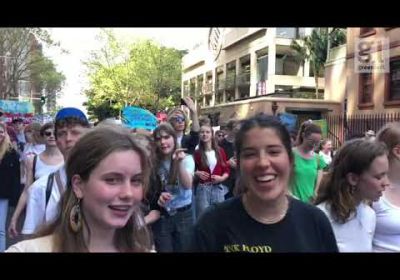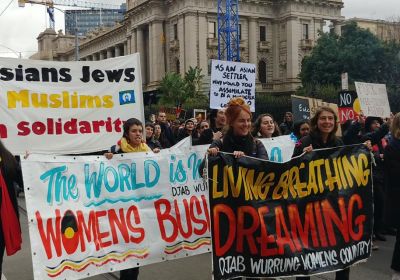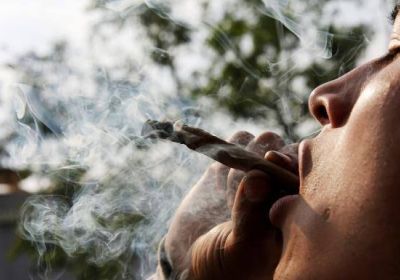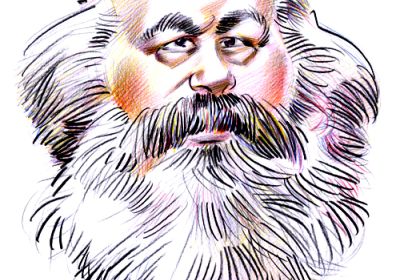News
-
-
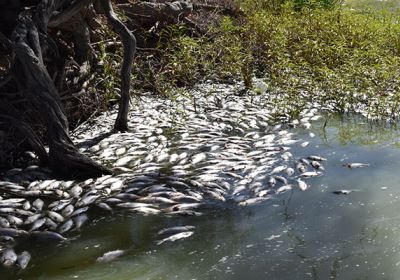
Nature conservation groups have criticised the NSW Coalition government’s $10 million plan to remove threatened fish species from the Darling River in the state's south-west, following the disastrous fish kill last summer.
-

Gill Boehringer, an honorary senior research fellow at Macquarie University, has been studying the Murray-Darling Basin crisis and believes that the New South Wales government’s reluctance to assist affected Indigenous communities is connected to their dispossession, discrimination and exploitation.
-
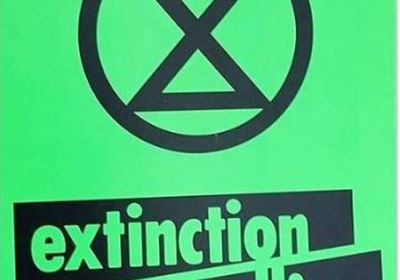
What began as a series of symbols with cryptic messages about climate change plastered on poster poles in the suburbs and protests by as few as 20 people, has evolved into a broad movement that is mobilising thousands of people committed to mass civil disobedience in response to the climate crisis and fears of a mass extinction.
-
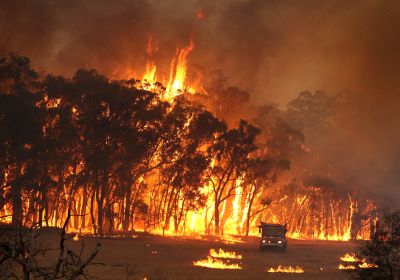
The Australia Institute (TAI) released its latest annual Climate of the Nation 2019 report on September 10. The annual report, first produced by the Climate Institute and for the past two years by TAI, has been tracking attitudes on climate change for more than a decade.
-
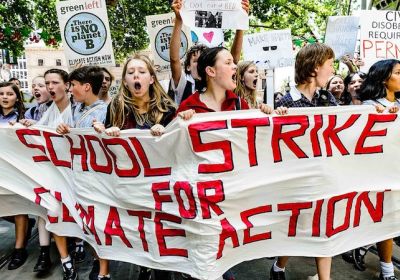
Support for the September 20 student-led global Climate Strike is growing in Australia as the big day nears. Councils, unions and churches are declaring their support and more strikes are being organised every day in what is building up to be the biggest day of protest since the 2003 anti-Iraq war mobilisations.
-
-
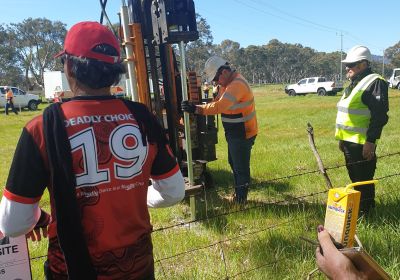
A red alert was issued by the Djab Wurrung Heritage Protection Embassy on September 11 after police and VicRoad workers arrived near the protest camp sites set up by Traditional Owners to protect sacred trees from a $672 million highway duplication project in south-western Victoria.
-
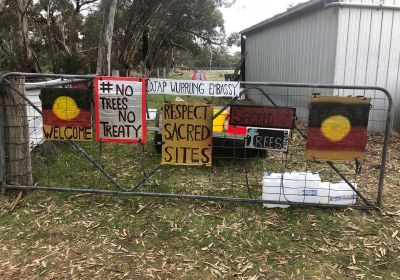
The struggle of the Djab Wurrung people to protect their sacred lands from a proposed duplication of the Western Highway in south-western Victoria, continues to garner support.
On September 10, dozens of academics and researchers released the following open letter calling on Victorian premier Daniel Andrews to intervene to save the sacred Djab Wurrung trees.
-
Analysis
-
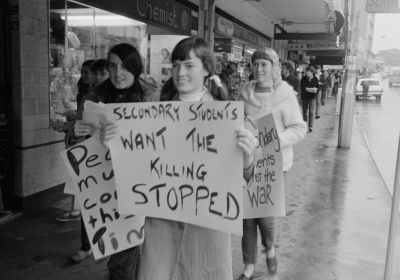
Greta Thunberg delivers her thoughts on next steps for the School Strike 4 Climate movement with precise accuracy. Her call for a "concrete plan” and “not just nice words” reveals how all climate activism should be rooted in mass action, rather than rhetoric.
-
-
-

Catastrophic fires in New South Wales and Queensland have come early in the fire season, which usually starts in October. Climate scientists and frontline fire fighters agree: they are a consequence of climate change.
-
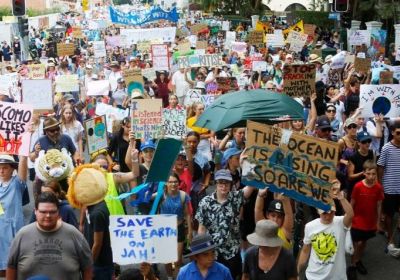
The global #ClimateStrike movement is more than just a call for genuine climate action. It is also a recognition that governments have failed to take the action that was both possible and necessary to avert catastrophe.
-
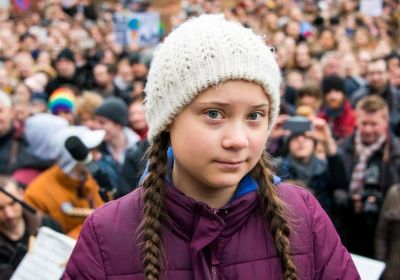
As the climate crisis worsens, the fires that are currently raging across New South Wales and Queenslandse are becoming the new normal.
-
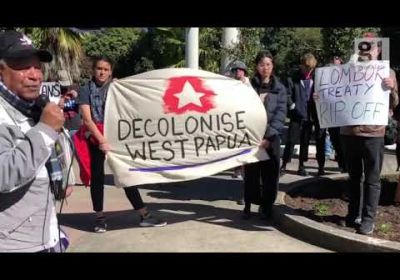
Rex Rumakiek and Ronny Kareni from the United Liberation Movement for West Papua (ULMWP) addressed a rally in solidarity with West Papua in the Sydney suburb of Kensington on September 7.
-
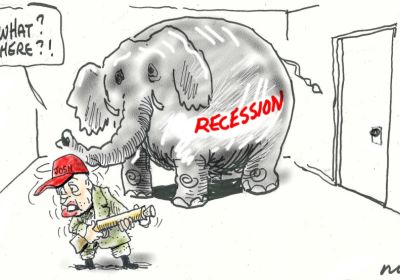
National accounts figures released by the Australian Bureau of Statistics (ABS) on September 4 show economic growth was slower over the 2018–19 financial year than at any time in the past 10 years.
World
-
-

Sri Lanka has a long history of discrimination against Tamils. In 1948 Tamil plantation workers were deprived of citizenship. In 1956 Sinhalese was made the sole official language, denying the Tamil language equal status, writes Chris Slee.
-
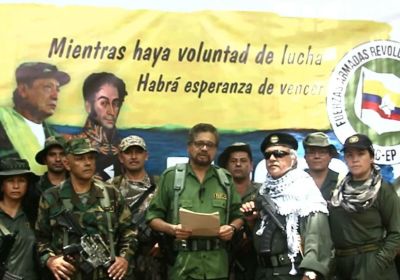
The Venezuelan government has blamed Colombian President Ivan Duque’s policies for the reignition of armed conflict in the country, writes Paul Dobson.
-

A new phase of armed conflict in Colombia has emerged with the declaration by some former leaders of the FARC-EP (Revolutionary Armed Forces of Colombia — People’s Army) that they are reorganising and rearming as an insurgent force, writes James Jordan.
-
-
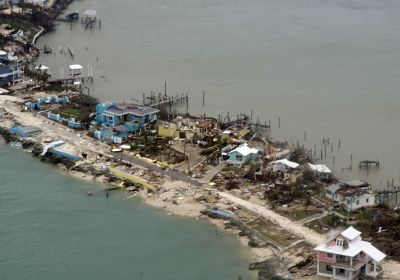
Trump’s EPA should be renamed the Environmental Destruction Agency for its drive to repeal these regulations and other environmental protections, writes Barry Sheppard.
-
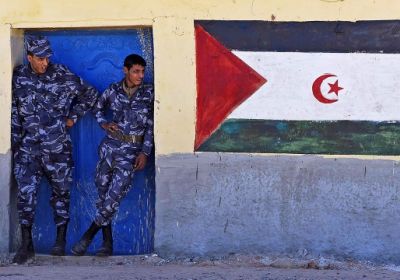
Tecber Ahmed Saleh, a health worker for the Ministry of Health of the Saharawi Arab Democratic Republic (Western Sahara), is touring Australia, advocating for international recognition of her country. She spoke to Tony Iltis.
Culture
-
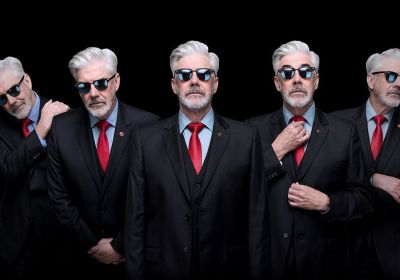
Shaun Micallef’s Mad as Hell on the ABC is marvellous comedy that combines humour with current affairs analysis.
-

Supporters' groups across the United States have taken issue with a new rule which bans the anti-fascist Iron Front symbol on banners and flags at games because it is deemed “political”.
